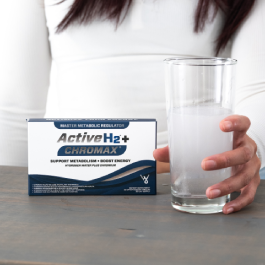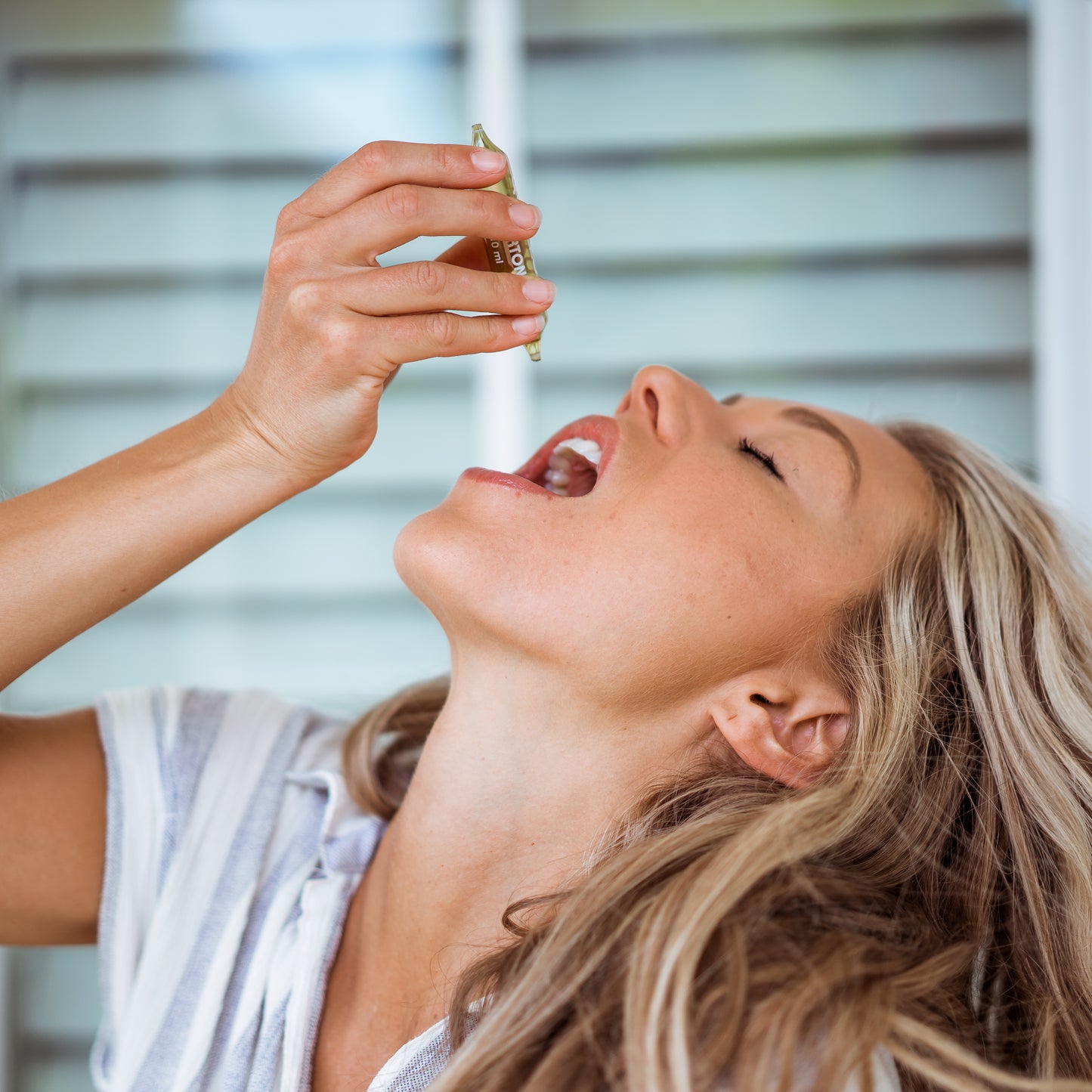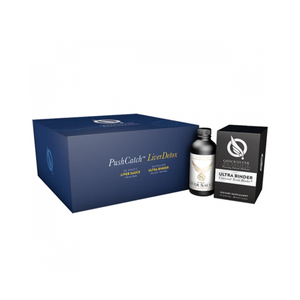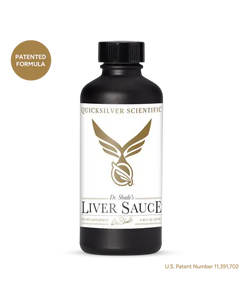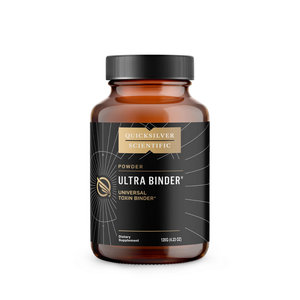
Let’s spend some time today talking about “Alkaline Water.” For some reason, this seems to be a recurring topic of conversation within the water treatment community. Like many issues related to water, there's a lot of ignorance; misinformation; deception; false advertising, and downright lies being thrown about. Let’s try and sort things out!
First of all, let’s talk about the meaning of pH, which is the unit of measurement commonly used when speaking of anything alkaline or acid. The term pH, as most often used, stands for “Potential of Hydrogen.” One dictionary definition describes it as “…a measure of the acidity or alkalinity of a solution equal to the common logarithm of the reciprocal of the concentration of hydrogen ions in moles per cubic decimeter of solution.” What does this mean in layman’s terms?
The easiest place to start is the fact that perfectly pure water (which exists only theoretically) has a neutral pH, which is defined as 7 on the pH scale. Keep in mind that the pH scale is logarithmic; thus, a pH of 6 is 10 times more acidic than a pH of 7 (neutral). Conversely, a pH of 8 is 10 times more alkaline than a pH of 7. So, it can be seen that an excess of H+ (hydrogen ions) results in acidity, whereas an excess of OH- (hydroxide ions) results in alkalinity, also known as “base.”
Let’s look at some practical examples of common solutions and their associated pH levels. Most coffee has a pH of around 4.8 to 5.1. So, this means it is roughly 100 times more acidic than a pH of 7. Vinegar, which is commonly used for cooking, food preparation, cleaning, etc. has a pH of 2-3! This means that it is 10,000 to 100,000 times more acidic than pure water. Should you be concerned or worried? How about lemon juice? Its pH also ranges between 2-3. Again, should you be worried about such an “acidic” substance?
Let’s look at the other end of the pH scale – alkaline or base. Corn, apples, bananas are commonly considered to have a pH of about 8, or 10 times more alkaline than neutral. Avocados, eggplant, green beans are considered to have a pH of 9. What about meats? Virtually all of the common meats that people eat are considered to be slightly acidic. The main exceptions are conch (not commonly eaten), which has a pH of about 8, and cooked lobster which has a pH of about 7.2.
Here's another thing to think about:
Even though lemons have a considerably acidic pH, they're considered an “alkaline” food! The same is true of many of the so-called acidic foods that we consume. If you doubt this, look up something called PRAL, which stands for Potential Renal Acid Load. You'll probably be surprised at what you learn.
What does all of this mean to us? In all actuality, very little.
Our marvelous digestive system sees to it that by the time digested food (or drink) enters our bloodstream through the walls of our GI tract, the acidity or alkalinity of the original substance doesn’t matter! The pH of our blood is regulated by our own body and is maintained at a very slightly alkaline pH of about 7.45. Numerous scientific studies have shown that so-called “alkaline food” diets have virtually no effect on the pH of the blood in those being studied.
Now, let’s get back to this myth of “alkaline water” as being so necessary for our health. Consider that when you measure the pH of a liquid it is analogous to measuring the temperature. Let me try and keep it simple. Consider a match flame – if you measure the temperature it will be around 1200 degrees F. Pretty hot, right? Can you heat a cold home with a single match, even if the temperature is 1200 degrees? Of course not; there is no “capacity” or “volume” by which it can heat a home! The same thing is true when we talk about so-called “alkaline water.” The pH (read temperature) of the water may be at 8. What about the “capacity” of the alkalinity? Virtually all of the alkaline water devices being touted in the marketplace simply raise the pH but have almost no alkalinity, or capacity!
I conducted a simple experiment, in front of a live audience of several hundred people (here in Malaysia), where we produced one liter of “alkaline water.” We used one of the most popular devices being sold at the time, which was priced at over $2,000 U.S. dollars! We measured the pH of this water and it was 8.4 pH. Remember, this is what they were shouting as being “necessary” for good health. We then added 2 drops (literally!) of lemon juice to the entire liter of water. Guess what? The pH (or “temperature”) of the water instantly changed to acidic! Why? Because this water had virtually no “capacity,” much as a single match has insufficient capacity to heat a cold home!
Here is an important takeaway – the words alkaline and alkalinity are referring to two different things! Alkaline is analogous to “temperature” whereas Alkalinity is analogous to “capacity.” So, it's easy to see how people can get confused. This is especially true when you hear the oft-quoted phrase that our diets should consist primarily of alkaline foods rather than acidic foods. Even if you're a hard-core adherent to this adage, please remember: WATER IS NOT FOOD!
Just today, I read an “article” (read “advertisement”) about a very well-known, and widely sold, “alkaline water” filter being sold in the Philippines. The article was filled with outright lies! It saddens me to think that thousands of people have, and will, spend their hard-earned money on something that absolutely CANNOT deliver what is promised. Yet, the same thing is happening around the world, including people living in the U.S. Don’t be misled into buying something that's no more than a simple filter (at best), combined with fancy rhetoric and marketing.
If you're genuinely concerned about what's in your water, start with AquaTru pure water and then add the substances that we actually need. Add the entire periodic table of elements to your water with “Quinton Marine Plasma.” Add the smallest atom in nature, Hydrogen, the selective anti-inflammatory substance which we call “Active H2 ULTRA.”
Search our website for other tremendous health-enhancing selections which will bring incredible benefits.
Stay happy, stay healthy, stay hydrated!
Mike Long
Your Health & Wellness Expert

